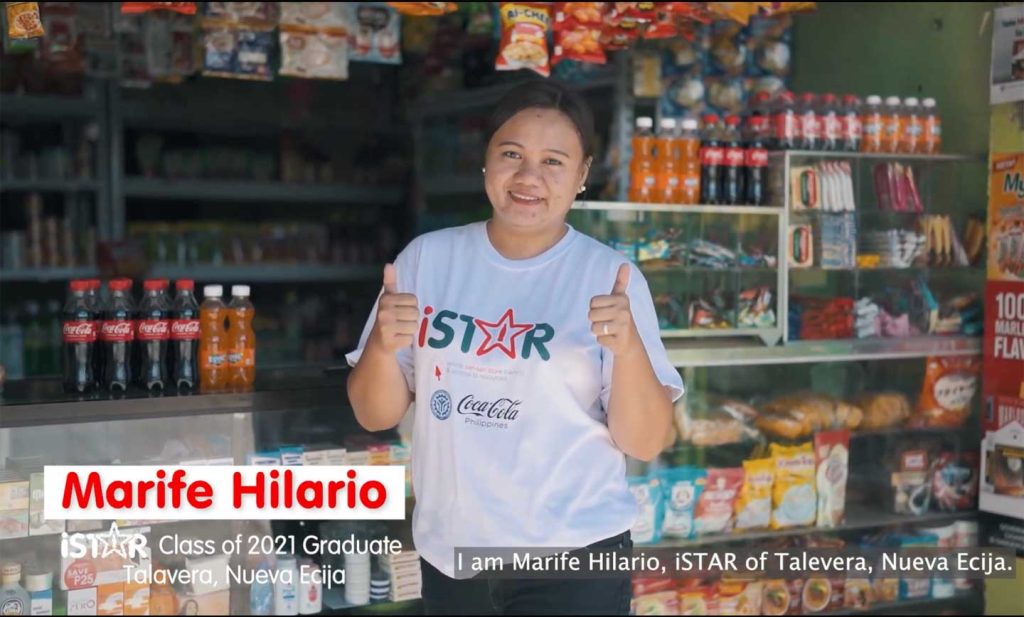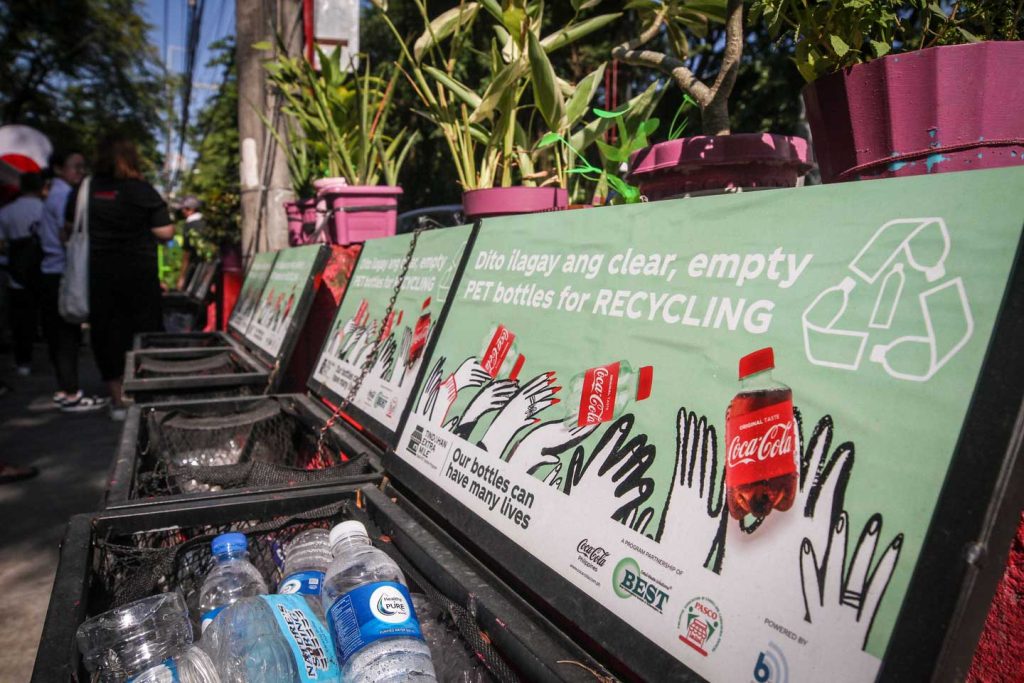MANILA, PHILIPPINES — Two programs supported by Coca-Cola Philippines focusing on women’s economic empowerment were showcased at the 68th session of the United Nations Commission on the Status of Women (UN CSW) taking place from March 11 to 22 at the UN Headquarters in New York. These initiatives highlight Coca-Cola’s commitment to supporting women and providing access to important business skills and capital, and building collaborative networks.
The digital Sari-Sari Store Training and Access to Resources (iSTAR) Program in the Philippines, in partnership with the Technical Education and Skills Development Authority (TESDA); six reputable civil society organizations; and the Tindahan Extra Mile program (TEM): Balik PET Bottle Program; in collaboration with Basic Environmental Systems and Technologies, Inc. (BEST) and the Philippine Association of Stores and Carinderia Owners (PASCO), exemplify successful partnerships leveraging technology to drive women economic empowerment.
CSW is the UN’s largest annual gathering exclusively dedicated to the promotion of women’s rights, documenting the reality of women’s lives around the world, and shaping global commitments on gender equality and the empowerment of women.
This year’s session tackles how the achievement of gender equality and the empowerment of all women can be advanced by addressing poverty, and strengthening institutions and financing with a gender perspective. The two-week event will be attended by UN member states, specialized agencies that work with the UN, and accredited non-governmental organizations across the globe.
iSTAR: Helping women entrepreneurs thrive through digital
For over a decade, the STAR program, which is a joint effort between Coca-Cola Philippines and TESDA, focused on providing entrepreneurship training for micro-retailers. In 2020, this initiative transitioned into the iSTAR program, a fully digital learning platform.

iSTAR aims to address key barriers that hinder the development of women entrepreneurs, such as limited access to training, resources, and mentorship. Through its expanded digital platform, iSTAR has empowered over 150,000 micro-entrepreneurs, surpassing its 2025 target of 100,000 graduates. The program is available and can be accessed for free nationwide.
Implemented in collaboration with six civil society organizations nationwide, the multi-awarded program equips micro-entrepreneurs with essential digital skills to leverage online platforms for business growth and sustainability.
In 2022, a group of entrepreneurs from individual businesses completed the iSTAR program. Using the skills and knowledge they gained, they formed the PASCO Producers Cooperative the following year. Their collaborative effort led to the opening of the Eco-Grocer Store in Muntinlupa City Local Government and their catering business. Since then, each member has been earning at least Php5,000 monthly from their cooperative business, in addition to their income from their own micro-retail stores.
TEM: Enabling micro-retailers for a World Without Waste
Building on the foundation of digitally skilled micro-entrepreneurs, Coca-Cola Philippines extends support through the TEM program by helping increase their income while helping promote environmental stewardship.


iSTAR beneficiaries are encouraged to join TEM. Through the program, micro, small, and medium enterprise (MSME) owners transform their stores into collection points for empty plastic bottles, which supports efforts to help reduce plastic waste and prevent pollution. With increased visibility and proximity to these drop-off bins, consumers are encouraged to dispose of their plastic bottles responsibly. Micro-retailers earn environmental points for collecting bottles, redeemable for cashback and products — strengthening their business. As of March, there are over 2,900 TEM members in the country. Earlier this month, Coca-Cola Philippines, BEST, PASCO, and the City Government of Bacolod launched the TEM program in Bacolod City.
TEM is a part of Coca-Cola Philippines’ consumer engagement program, “May Ikabobote Pa”, designed to educate, inspire, and engage consumers to return their empty bottles and cans for recycling. Through the Coca-Cola Philippines Sustainability Hub, consumers can locate the nearest collection points and discover more about Coca-Cola Philippines’ recycling initiatives.
This local effort aims to support The Coca-Cola Company’s global sustainable packaging goals. Globally, the company aims to collect and recycle the equivalent of each bottle and can it sells by 2030, make its primary consumer packaging recyclable by 2025, and use an average of 50% recycled material in its packaging by 2030.









